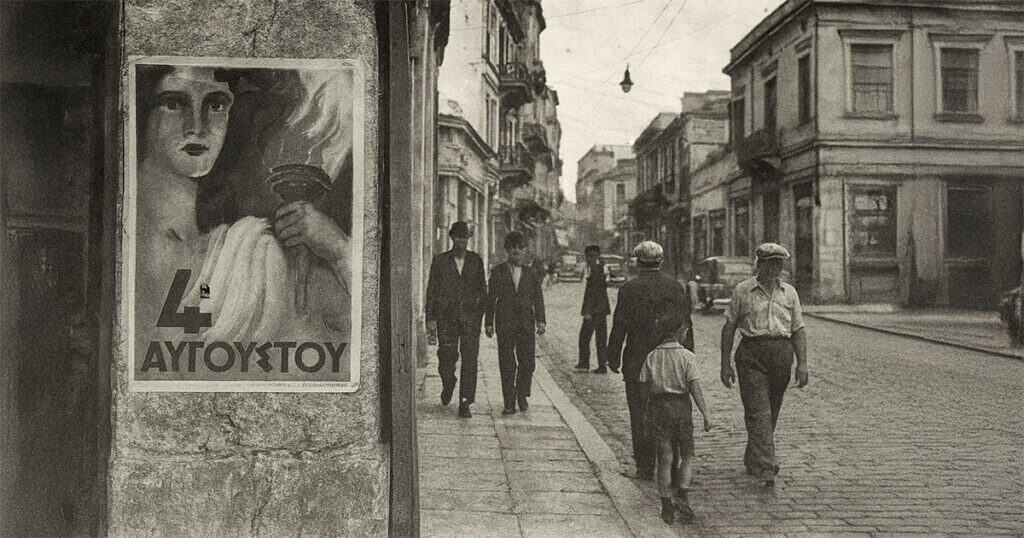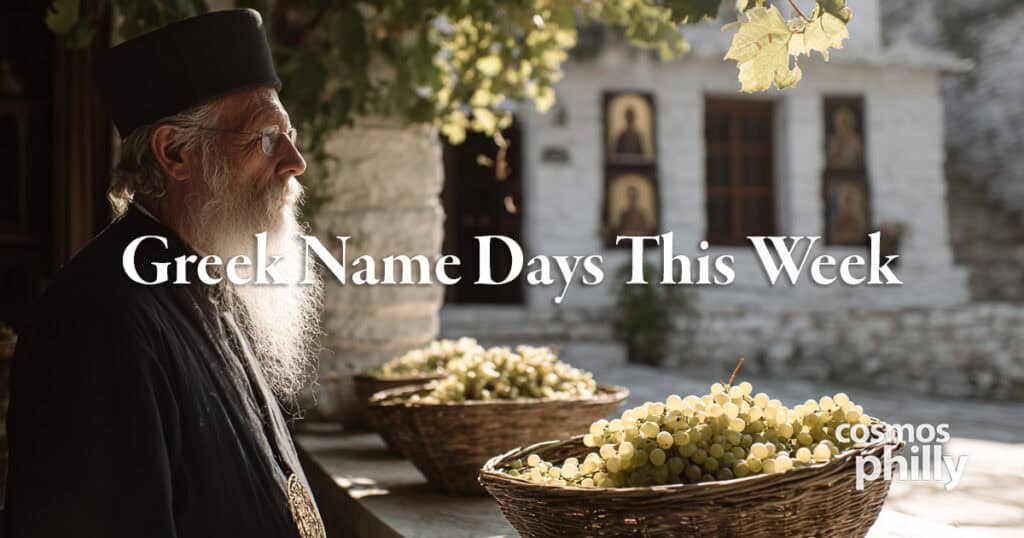For some time now, I have been going on about the importance of the Bicentennial of the Greek War of Independence. This key event in Greek—and world—history needs to be commemorated and celebrated, in a holistic way that truly encompasses this titanic, complicated struggle.
The Greek Revolution had many catalysts, from many places. It involved places in Greece, and many places outside of Greece, particularly the Greek Diaspora, which had already stretched from New Orleans in the west to India in the east. As such, the Diaspora needs to be involved and to commemorate those key locations/communities that gave so much—places like Vienna, Trieste, Odessa—these places have a key role in Greek history, and their communities, albeit dwindled, must have a place of honor at the table.
The same goes, of course, for the key loci of the Revolution, islands like Hydra or various Peloponnesian towns, or martyred Messolonghi. Crete and Macedonia, whose efforts to join the first Greek state were unsuccessful but never gave up. How about Samos, which never gave in and forced the Turks to give the island, a swim away from Asia Minor, autonomy until the Balkans Wars brought Samos into Greece? How about martyred Chios?
How about honoring the thousands who made the Greek cause their own? The Philhellenes from all over Europe and the United States? How about Samuel Gridley Howe, whose “Sketch of the Greek Revolution” is a learned and thoughtful anthology timeless in its observations? How about people from other Balkan countries who also fought in the Revolution—there could have been a pan-Byzantine revolt. We cannot forget Rhigas Pheraios, and his role as the first martyr of the Revolution, though he gave his life over two decades before 1821.
As a Hydriot, I applaud the efforts of my island’s government to honor the island’s exceptional contribution with a series of events, commemorations, and lectures. These local initiatives to honor the island’s Revolutionary history are necessary, and it is likely that locals will do a better job in promoting and building awareness than a national government. I hope that the “Hydriot Model” extends to other localities or to parts of the Diaspora—educating ourselves and others of the myriad struggles that made the Revolution is crucial.
Speaking of islands, 2021 is a great opportunity for embattled Eastern Aegean islands like Chios and Samos to talk about their roles and sacrifices in the Revolution, and to remind a broader audience that they are again on the front line, in more ways than one.
I am deeply concerned that these celebrations have been “nationalized” by the central government of Greece—never a good idea given its record—and then basically handed off to the former organizer of the Athens Olympics. Madame Daskalaki is to be commended for the 2004 work, but let’s face it all of us are a bit older, and isn’t it better to hand this over to a competent under 50 person in a nation that is hemorrhaging its young population? This appointment is basically saying that Greece is a fossil, and young people have no place here. Was there any debate about the appointment, or was it just that, divvying up the seats at the table? Will the divvying then go to usual suspects in the Diaspora?
I will not go into the issue of the logo, which looks like a cigarette case from the Soviet Union pre-1989. It looks like a cheap stencil over store-bought construction paper. Could there not have been a campaign in Greek schools to design a logo? This logo is underwhelming, to say the least. Insulting is probably a better word.
Is it possible, instead, that we really make this celebration about all of us, particularly the young people, so that the Greek Revolution’s Bicentennial is not just about the past but instead about the future? The time is upon us, what do we plan to do? The Greek Revolution was about action, action by regular people. Let’s take action.








